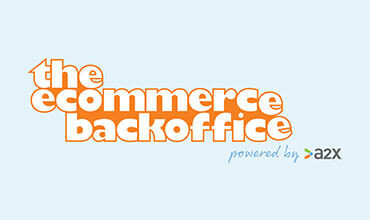The Ecommerce Insider
Browse our resources below to learn everything you need to know about ecommerce and accounting, and ecommerce accounting.

Latest Articles

A2X Newsletter (for Online Sellers) | Our top 3 ecommerce accounting resources from 2025
As 2025 draws to a close, most ecommerce teams are deep in review and planning mode. To support your strategy for the coming year, we’ve gathered our most popular resources from this year. These are t...
2 min read
A2X Newsletter (for Online Sellers) | Q3 P&L benchmarks & 2026 planning tips
ICYMI → we’ve officially partnered with Ecom CFO on their quarterly Ecommerce P&L Benchmark Report series! This means we’ll send you a copy of their incredibly valuable P&L benchma...
2 min read
A2X Newsletter | We're Xero App Award Finalists!
As a marketing leader, I’ve always been dubious of awards. But Xero approaches them differently. They base them on nominations and expert judges. They use them as an opportunity to build up thei...
2 min read
A2X Newsletter | Practical marketing tips for accounting professionals from Camp A2X 2025
I’ve been marketing to SMBs and accounting firms since 2017 (Hubdoc, Xero, A2X, plus other apps in the ecosystem) and I’m a little obsessed with helping accounting firms grow (especially in the ecomme...
4 min read


